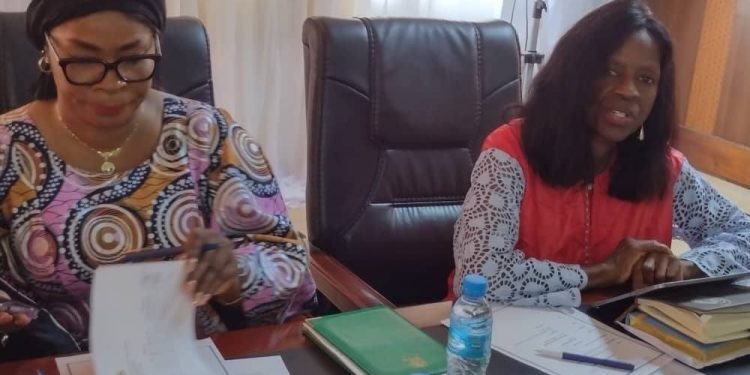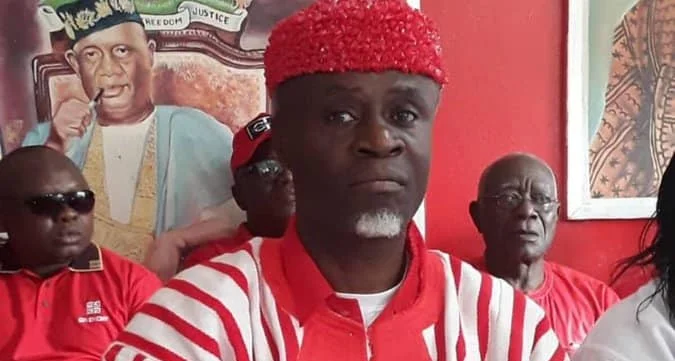The Ministry of Planning and Economic Development (MoPED), through its Directorate of Development Assistance and Coordinating Office, convened a briefing session with Sector Working Groups (SWGs) at the MoPED Conference Hall. The session brought together key stakeholders, including the Minister of Planning and Economic Development, the Minister of Gender and Children’s Affairs, the Deputy Minister of Political Parties and Public Affairs, development partners, private sector representatives, and other government ministries, departments, and agencies (MDAs).
Sector Working Groups play a critical role in facilitating and coordinating development activities to achieve national development targets. These technical bodies prioritise coordination, monitoring, accountability, and transparency to enhance the effectiveness of development initiatives.
In her opening remarks, Minister Kenyeh Barlay acknowledged that SWGs have been operational within the framework of development cooperation between the Government of Sierra Leone and the U.S. system for some time. She urged all sector groups to enhance their engagement to ensure effective implementation. Minister Barlay also emphasised the need to reshape the SWGs for proactive coordination, referencing recommendations from the last Development Partnership Committee (DEPAC) meeting. She highlighted the importance of aligning SWGs with the government’s Big Five Game Changers and the National Development Plan (2024-2030). She called for a unified roadmap to enhance monitoring mechanisms, accountability, and transparency within the SWGs.
Madam Abie Elizabeth Kamara, Director of the Development Assistance Coordinating Office at MoPED, provided a comprehensive overview of the current status of the SWGs. She stressed the importance of streamlining the number of SWGs and co-chairs following extensive consultations with stakeholders, including ministers. Kamara identified key areas of the Sustainable Development Goals (SDGs) with significant indicators for human capital development, including agriculture, health, education, technology, infrastructure, private sector development, social protection, food security, climate change, governance, and democracy. She also stated that various institutions, including NGOs, development partners, and MDAs, would be incorporated to strengthen the capacity and inclusiveness of the SWGs.
Dr. Sheka Bangura, Director of Planning, Policy, and Research (PPR), provided a historical background on SWGs, highlighting their role in Sierra Leone’s post-war development. He noted that SWGs have consistently demonstrated shared values and remain crucial to the country’s development trajectory.
Johannes Behrens, Head of Cooperation at GIZ, recommended increasing the number of SWGs, particularly in education and health, and emphasised the importance of private sector involvement to enhance development outcomes.
Participants from various MDAs appreciated the dialogue session and called for more vigorous coordination efforts to align SWGs with the Big Five Game Changers and the National Development Plan.
In her closing remarks, Dr. Isata Mahoi, Minister of Gender and Children’s Affairs, urged all SWGs to reaffirm their commitment to achieving tangible development outcomes. She emphasised that their efforts should complement the government’s initiatives aimed at fostering sustainable development in Sierra Leone.













